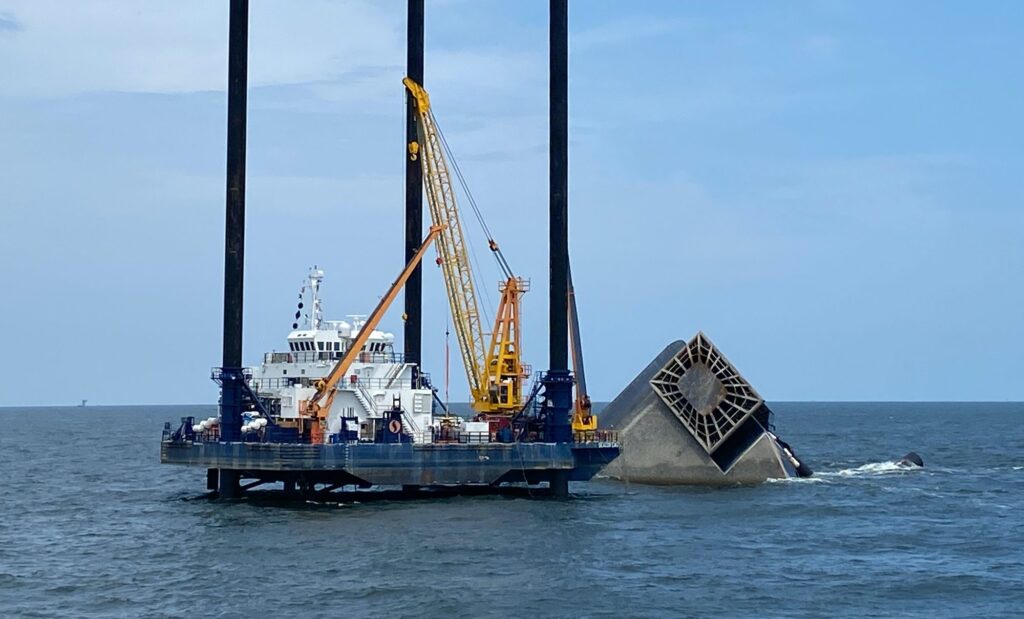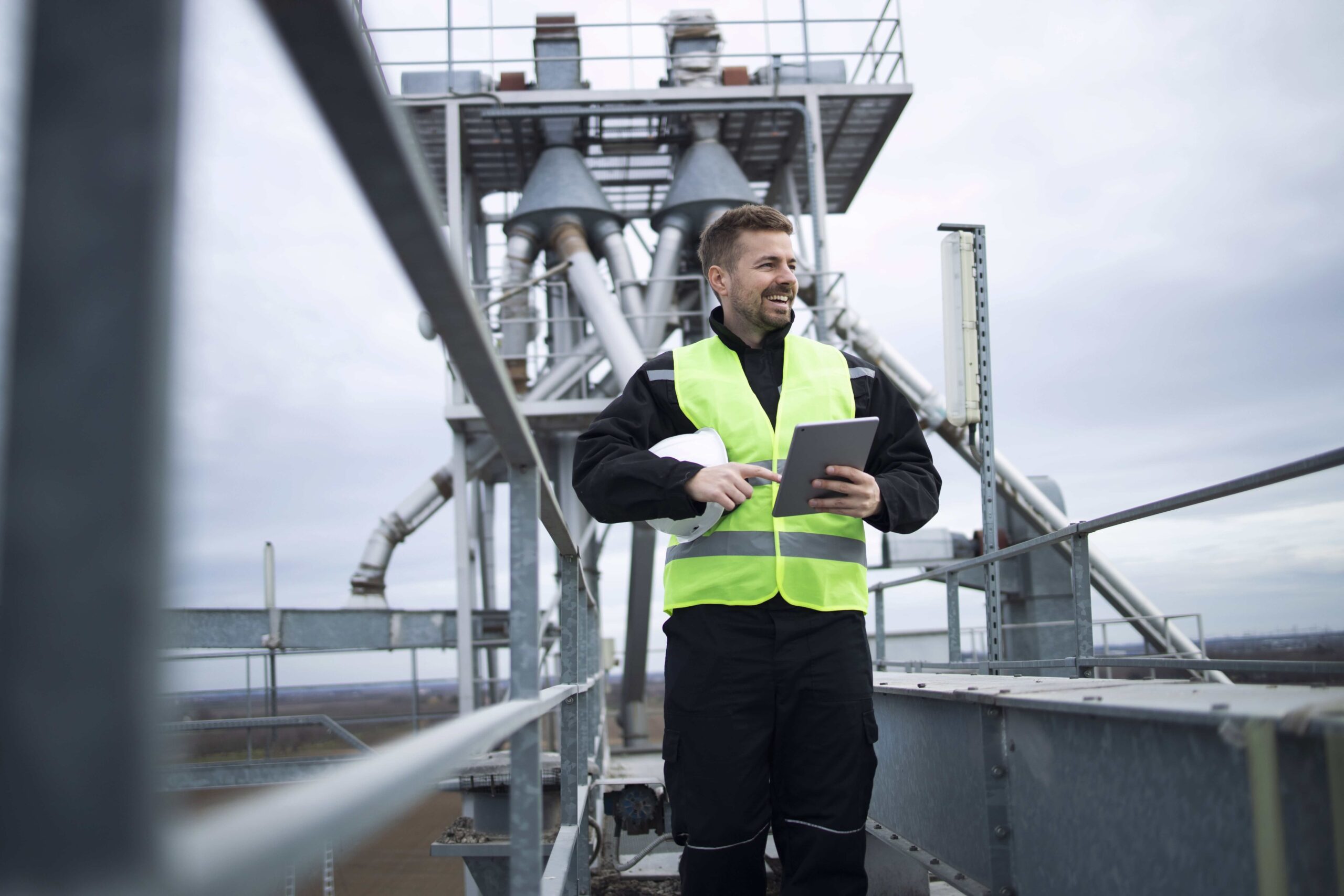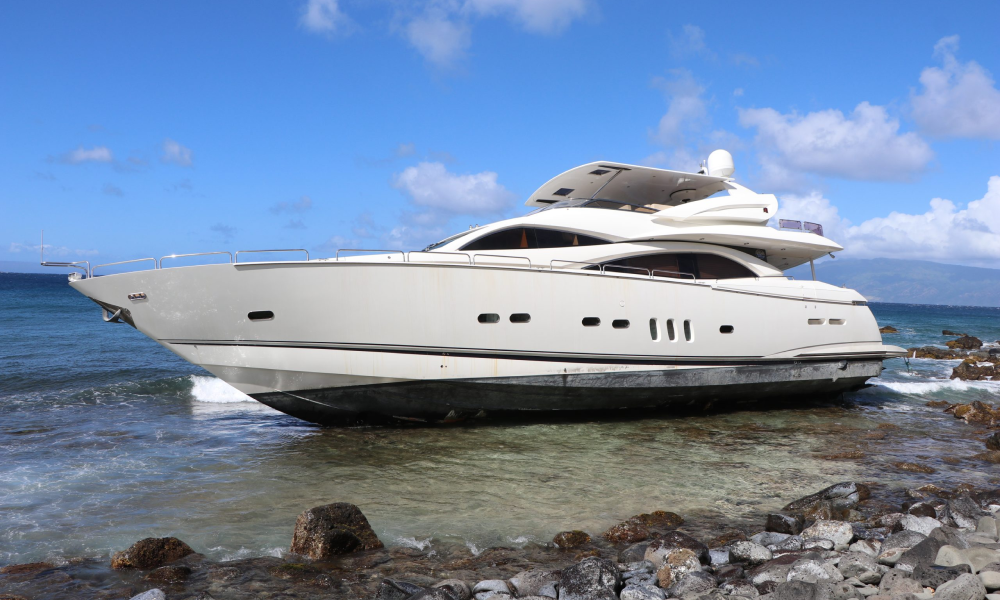
The Importance of Salvage Vessels in Maritime Operations
Salvage vessels, often underrated yet critical in maritime affairs, wield significant influence in ensuring maritime safety, protecting the environment, and preserving economic interests. In this comprehensive exploration, we delve into the multifaceted role of salvage vessels, shedding light on their profound significance in the maritime domain.
Understanding Salvage Vessels
Salvage vessels, equipped with cutting-edge technology and manned by skilled professionals, serve as frontline responders in salvage operations. From rescuing distressed vessels to recovering valuable cargo, these vessels play a pivotal role in mitigating maritime emergencies and safeguarding marine resources.
The Anatomy of a Salvage Vessel
Salvage vessels are meticulously designed, boasting advanced features tailored for salvage operations. Dynamic Positioning Systems, heavy-duty cranes, diving support equipment, and pollution control systems are among the key components that equip these vessels for their critical tasks.
The Multifaceted Role of Salvage Vessels
Salvage vessels contribute significantly to various facets of maritime operations, including safety, environmental protection, and economic sustainability.
1. Ensuring Maritime Safety
Salvage vessels play a crucial role in ensuring maritime safety by responding swiftly to distress calls, providing assistance to stranded vessels, and stabilizing them during adverse conditions. Their prompt intervention helps prevent maritime disasters and protects lives and assets at sea.
2. Environmental Protection
Beyond their primary salvage duties, salvage vessels are instrumental in environmental protection. They deploy specialized equipment to contain pollutants, mitigate oil spills, and facilitate cleanup operations, thereby minimizing the ecological impact of maritime accidents and preserving marine ecosystems.
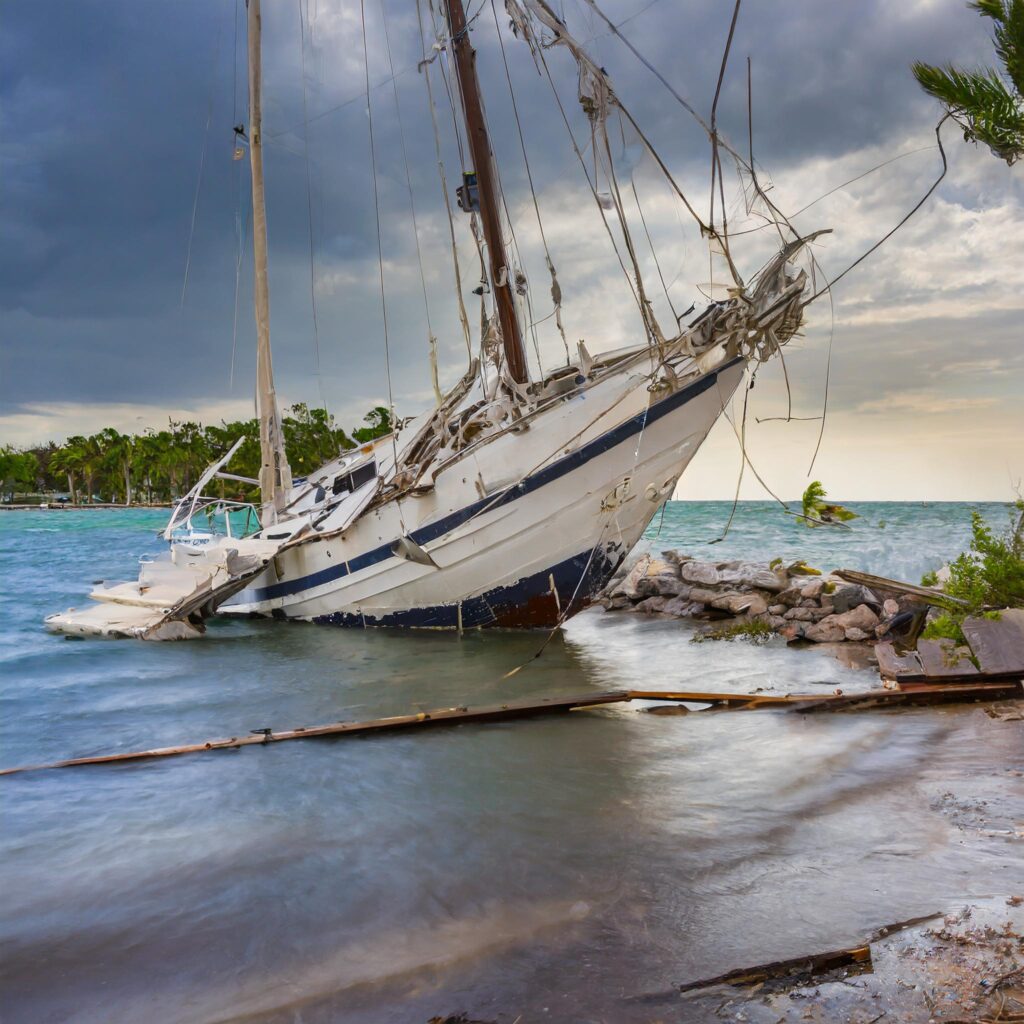
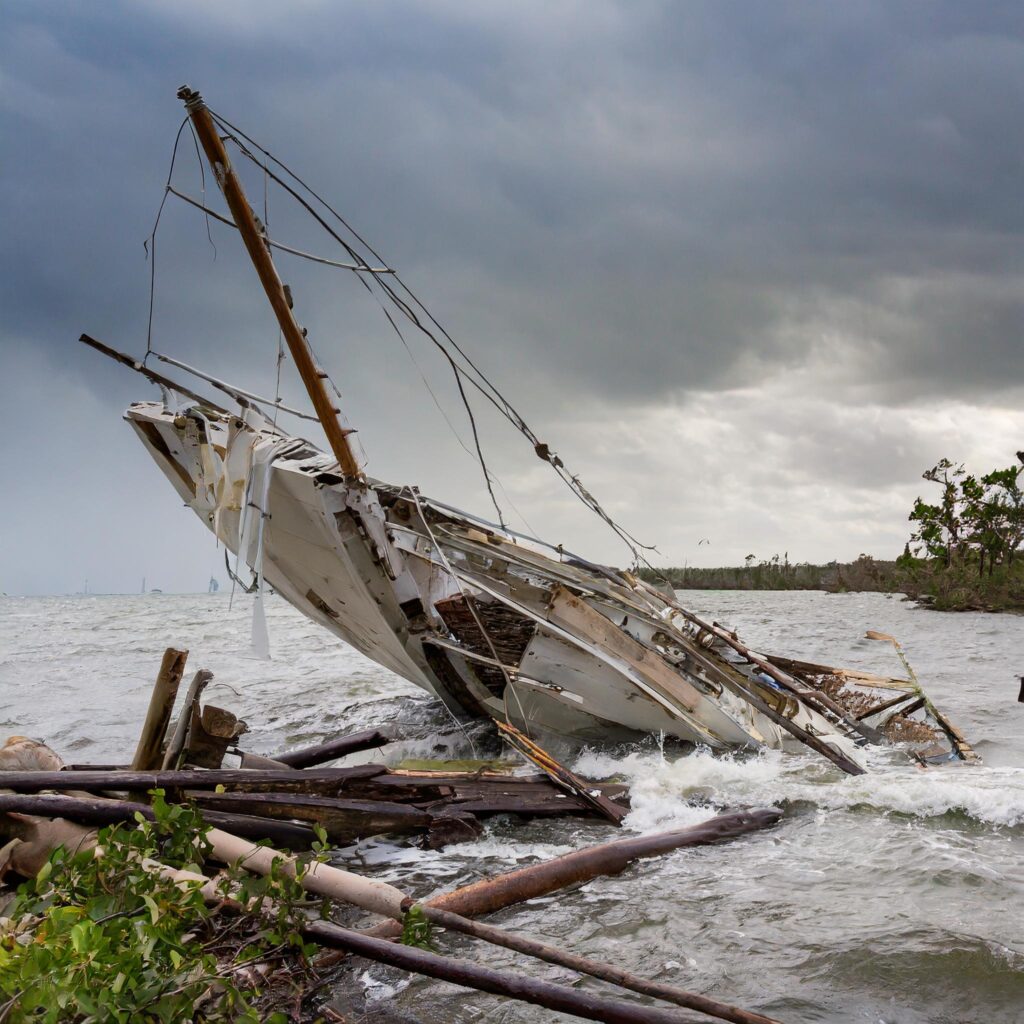
3. Economic Impact
Salvage operations have significant economic implications, influencing maritime commerce and salvage industry dynamics. Salvage vessels contribute to the recovery of valuable cargo, restoration of navigational routes, and preservation of economic infrastructure, thus safeguarding global trade and economic stability.
Challenges and Innovations in Salvage Operations
Salvage operations pose formidable challenges, ranging from adverse weather conditions to complex legal frameworks. However, ongoing technological innovations and strategic advancements continue to enhance the capabilities of salvage vessels, enabling safer, more efficient, and environmentally sustainable operations.
Technological Innovations
Emerging technologies such as artificial intelligence, autonomous systems, and underwater robotics are revolutionizing salvage operations, empowering vessels to tackle complex challenges with precision and efficiency.
Environmental Sustainability
In response to growing environmental concerns, salvage operations are adopting eco-friendly practices and technologies to minimize their ecological footprint. From the use of bio-degradable oil spill dispersants to the implementation of renewable energy sources, salvage vessels are at the forefront of promoting environmental stewardship.
The Future of Salvage Vessels
As the maritime industry evolves, so too will the role and capabilities of salvage vessels. From the integration of blockchain for transparent salvage contracts to the adoption of unmanned aerial vehicles (UAVs) for aerial surveys, the future of salvage vessels promises innovation, efficiency, and sustainability. Salvage vessels are integral to the fabric of maritime operations, embodying resilience, innovation, and dedication. From ensuring maritime safety and environmental protection to preserving economic interests, their contributions are invaluable. As we embrace technological advancements and environmental consciousness, the future of salvage vessels holds promise, guided by innovation, efficiency, and sustainability.
Partnering with Marine Salvage Buyer
Maximize the value of salvage operations by partnering with Marine Salvage Buyer. Their comprehensive services include:
Marine Survey: Thorough inspections to assess vessel condition and value.
Residual Value Estimate: Accurate valuation of vessels for informed decision-making.
Sell a Vessel: Facilitation of vessel sales to optimize returns.
Towing or Ocean Transport: Safe and efficient vessel transport services.
Vessel Documentation: Streamlined documentation services for regulatory compliance.
Vessel Disposal or Ship Recycling: Environmentally responsible disposal and recycling solutions.
Vessel Recovery and Salvage: Expertise in salvage operations, maximizing recovery efforts.
